Traffic and tribulations
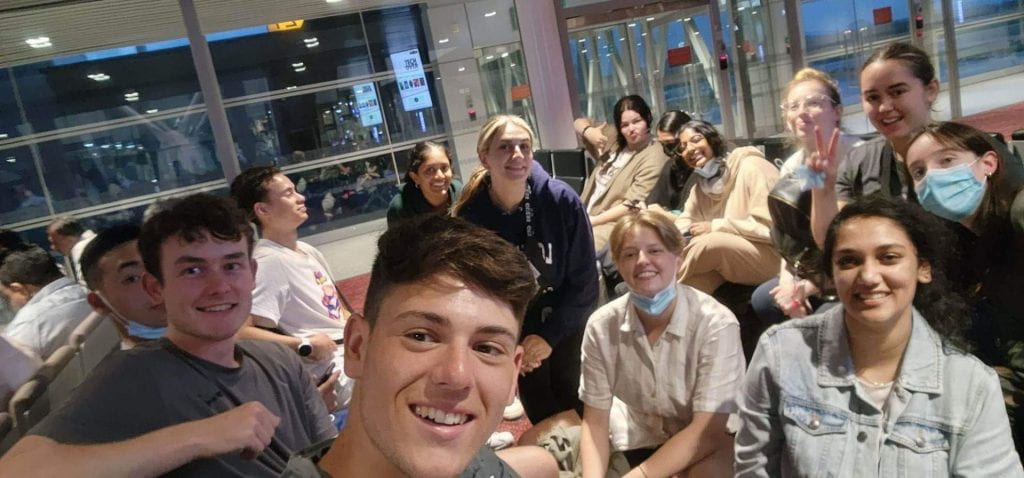
Arriving here in Mumbai has been such a whirlwind. My first impressions were heat and chaos and tropical scent…and I was completely overwhelmed by all the horn tooting in the confined airport multi-storey carpark! Turns out that drivers here are great friends with their horns. However, there is a kind of sense to it, because they don’t pay any attention to lane markings or traffic lights (“Christmas decorations”, as Chris dubbed them), so you just beep your horn to say you’re there. After a few hours, I began to relax and listen to our lovely chatty driver, and look at the sights…so many sights!
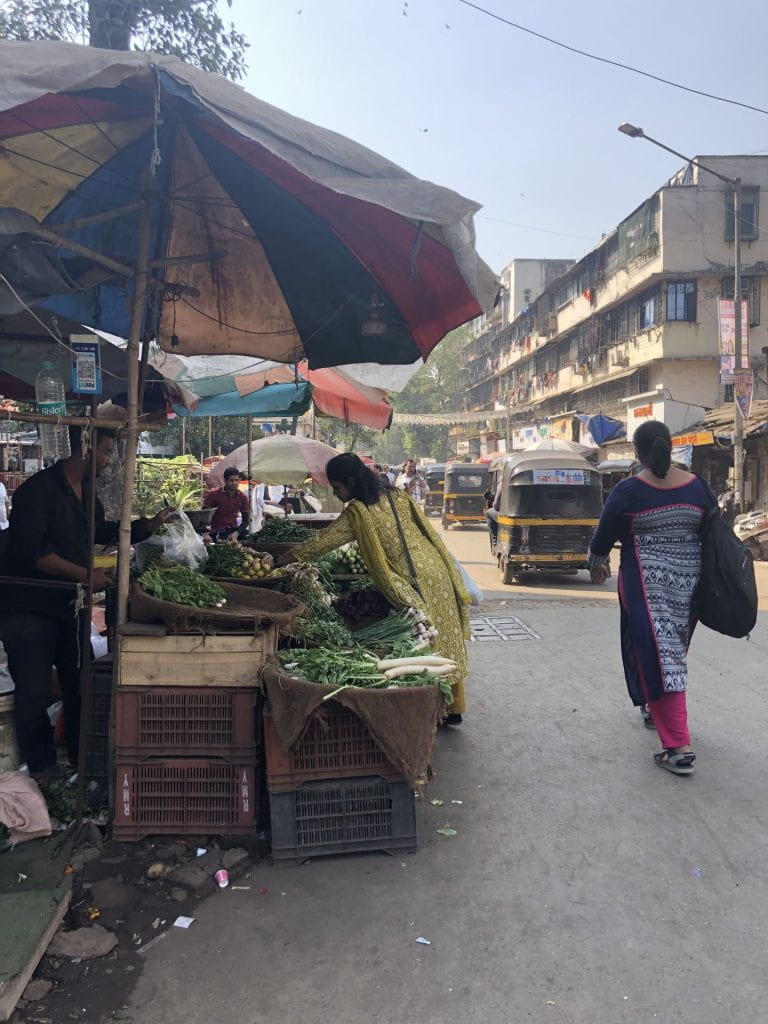
By the second and third day, riding around in a kali peeli (literally “black yellow”) taxi and rickshaw was exhilarating and fun. Like bumper cars! Crossing the road has a certain art (aka chance of death) to it, too. Mumbai has so much life and so many people around that you absolutely feel caught up in the lifeblood of it. The architecture is quietly beautiful – every second building looks like a castle or monument, and even the slums are cleverly built with corrugated iron, bricks and various other materials all piled together in three storeys. It’s interesting that rich and poor seem to me to work in harmony and flow around each other – the groups are not as segregated as I expected. Everyone is so friendly, and hospitality is at an all-time high with the shop sellers especially – I felt like I was putting them out when they kept pulling out clothes from bags to show me!
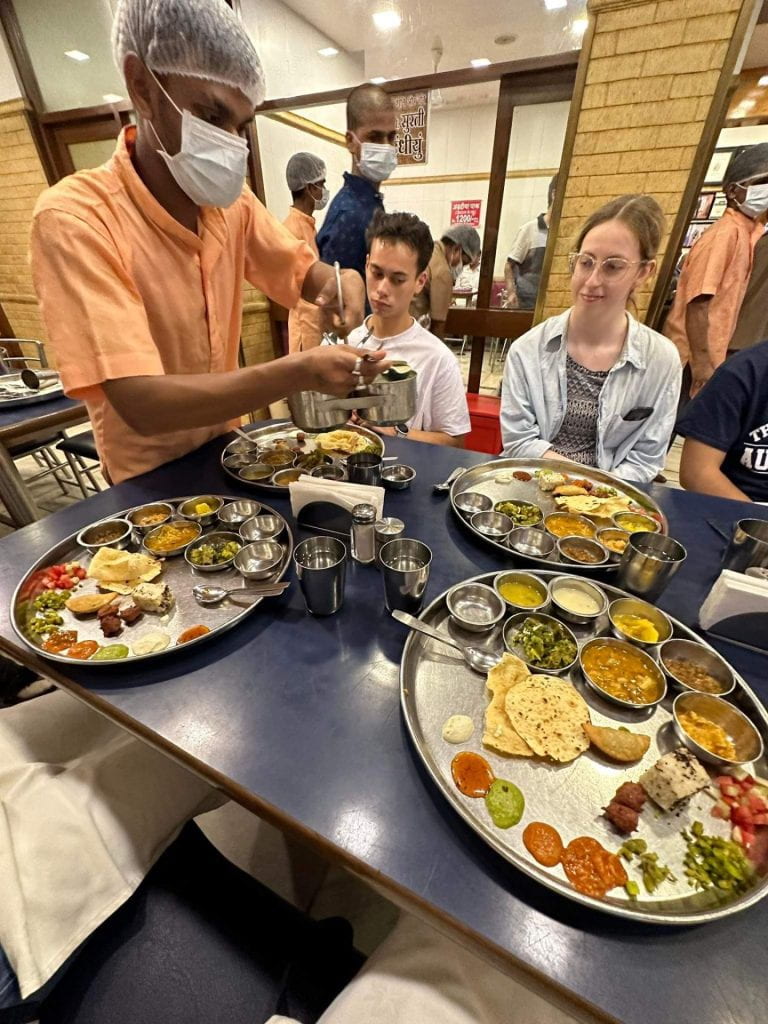
But speaking of money, it’s crazy and also quite thought-provoking just how cheap everything is. We looked up the average daily wage for a worker in Mumbai, and it equates to just $5.20 NZD – and that’s an average, so there are extremes in both directions! It feels so out of touch when a fancy all-you-can-eat festival meal is just $15, an uber ride across town is just $8 and a rickshaw ride is less than $0.50, and it makes me realise how lucky I am to be able to afford all these things so easily.
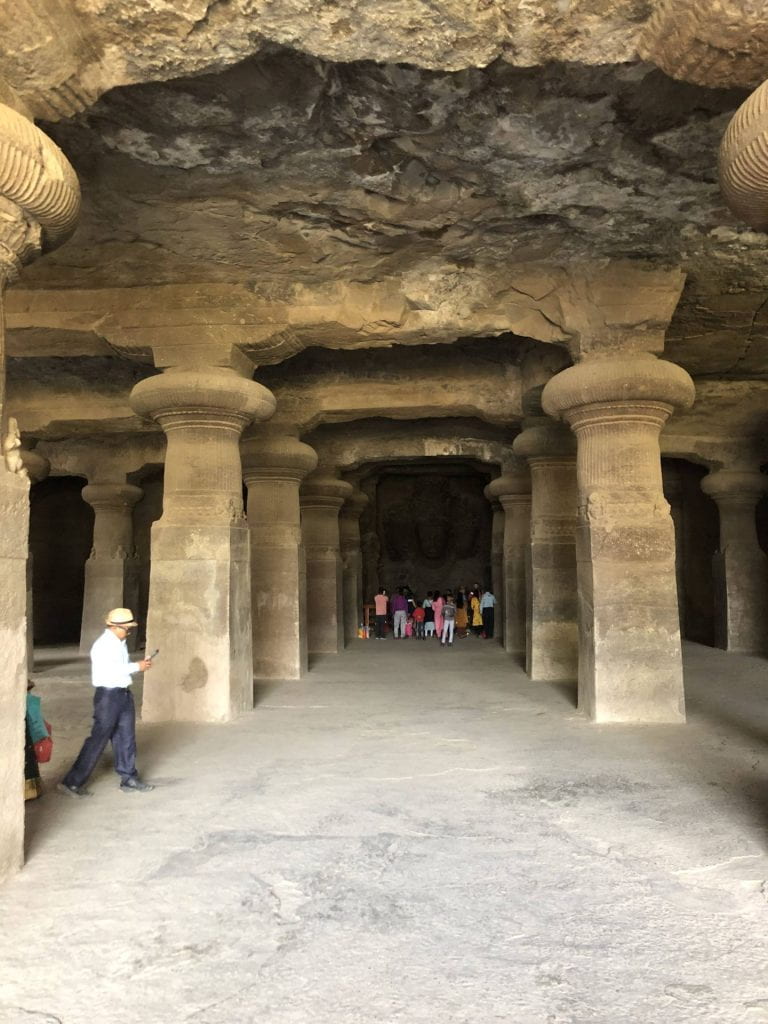
Interning at Desire Society
The girls at the orphanage where I work are so sweet and hospitable! They came right out on the first day and started talking to me. I taught them to play Snap, shared pictures about NZ, and some of the older ones took me to get a delicious vada pav for lunch. They have such a feeling of family and community, always holding hands or linking arms when out and about, and the younger ones even call me “didi” (older sister).
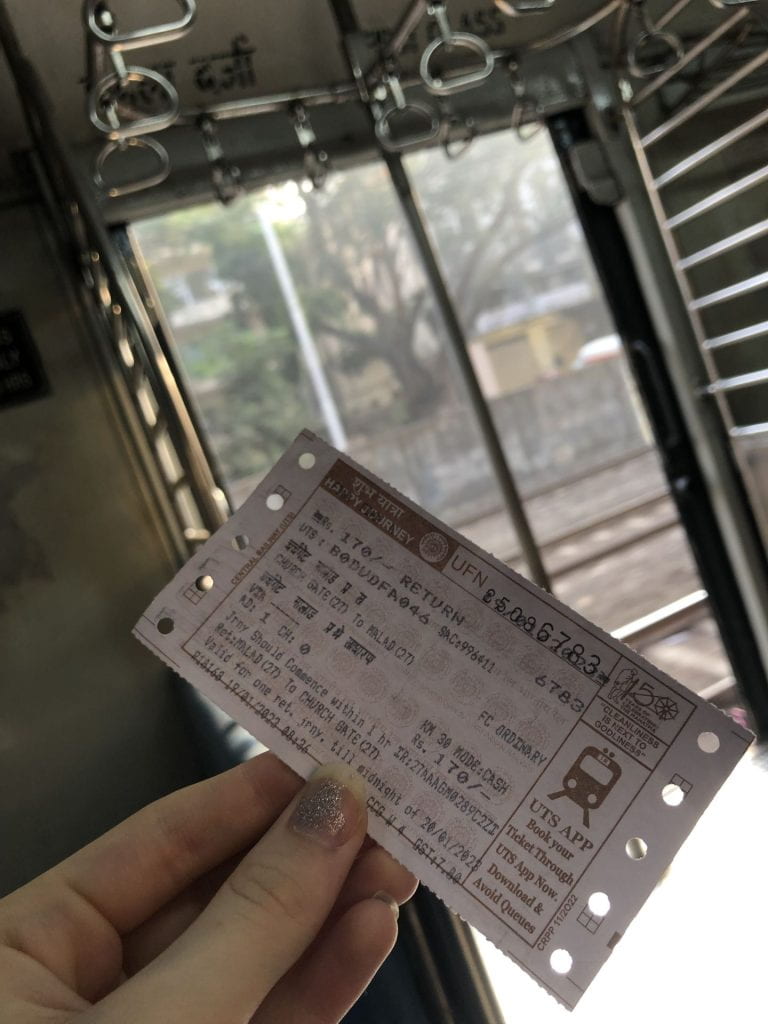
The girls are HIV orphans, either from one or both parents. I looked up the stats for HIV orphans, and it’s pretty confronting to see that India is one of the biggest areas, and that they often get shunned by their communities. I mean, you can’t even catch HIV unless you come into contact with blood or sexual fluids – not exactly an everyday possibility! But I guess we had the same stigma in the West in the 80s. Fear is a powerful driver, especially when combined with a lack of information. I’m so glad these girls get the opportunity to live together and get food, education and medical resources. They’re such a close-knit, friendly, joyful bunch with great senses of humour, and I’m sure that having this family-like support system thanks to the organisation really makes a difference in their future lives.
It surprised me that some of the older (undergrad level) girls have to do their assignments in English! I guess English is the language of commerce, banking, finance etc here, but it’s pretty hard on them if it’s not their native tongue. There are tons of English signs; actually – every sign has both English and Hindi. Sometimes I wonder how the country would be if it hadn’t been colonised by the English, both in terms of language and architecture, since there are a surprising number of Hogwarts-style European-influenced buildings.
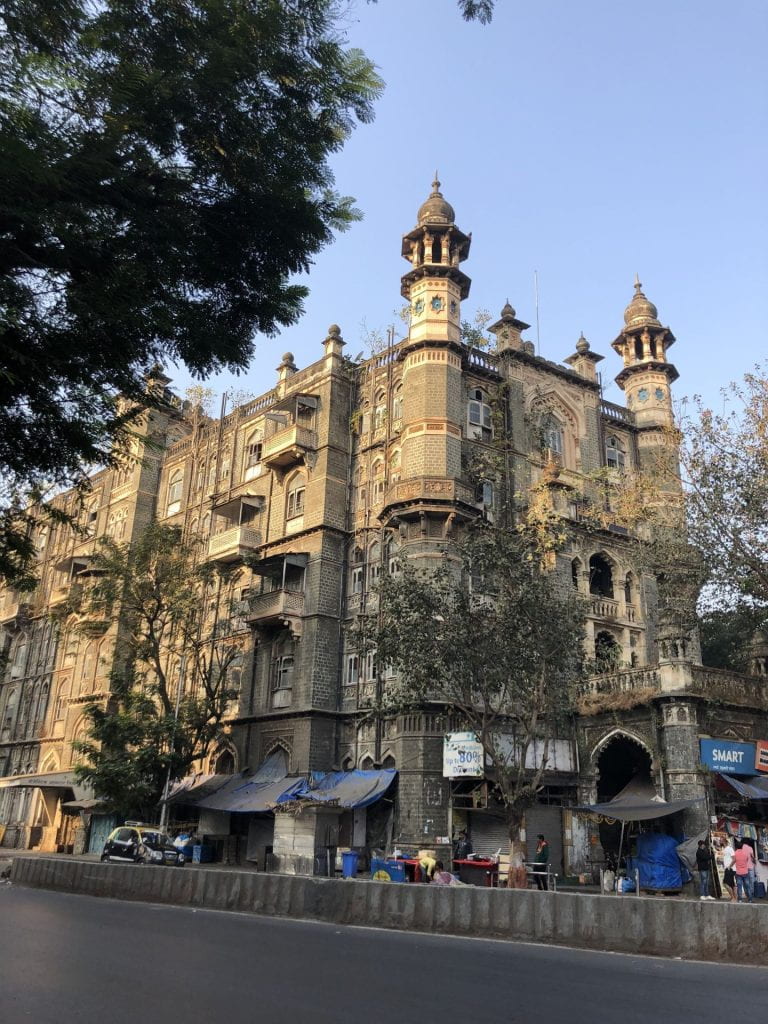
A lot of the girls I’m working with don’t have a very high level of English, and they end up copying the answers into their homework books word for word. Even for questions that ask their opinion! I’m not really sure how to help them gain the confidence and skills to put forward ideas and write their answers themselves, so this will be an interesting area to try and work with over the coming weeks.
Beaches and belief
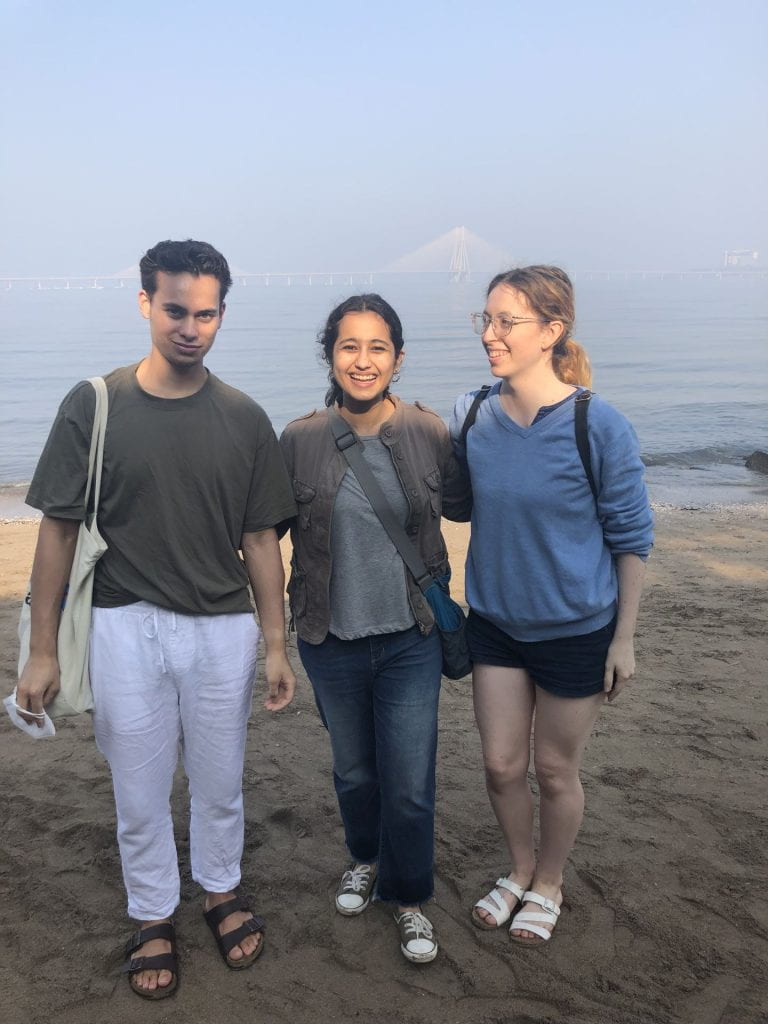
We went to a beach cleanup run by Project Mumbai yesterday morning in Dadar Beach, which was really enjoyable. Rubbish pollution is an issue I’m passionate about, and I even made a new friend! It was sobering, though to see how much rubbish there was, especially very small pieces like individual balls of polystyrene that were basically impossible to pick up in any large amounts. I tend to think we have issues with rubbish pollution at home, but it’s nothing compared to here! I spend time worrying about a couple of pieces of plastic at home, when there are mountains overseas. I feel like we only made a tiny dent in the amount of rubbish, but hey, every little bit helps, right? There was also this big machine driving along the sand which I think was meant to sift and pick up the rubbish, but it mostly served to push it over and smooth the sand out. I wonder how much rubbish was buried just under the top layer of sand…
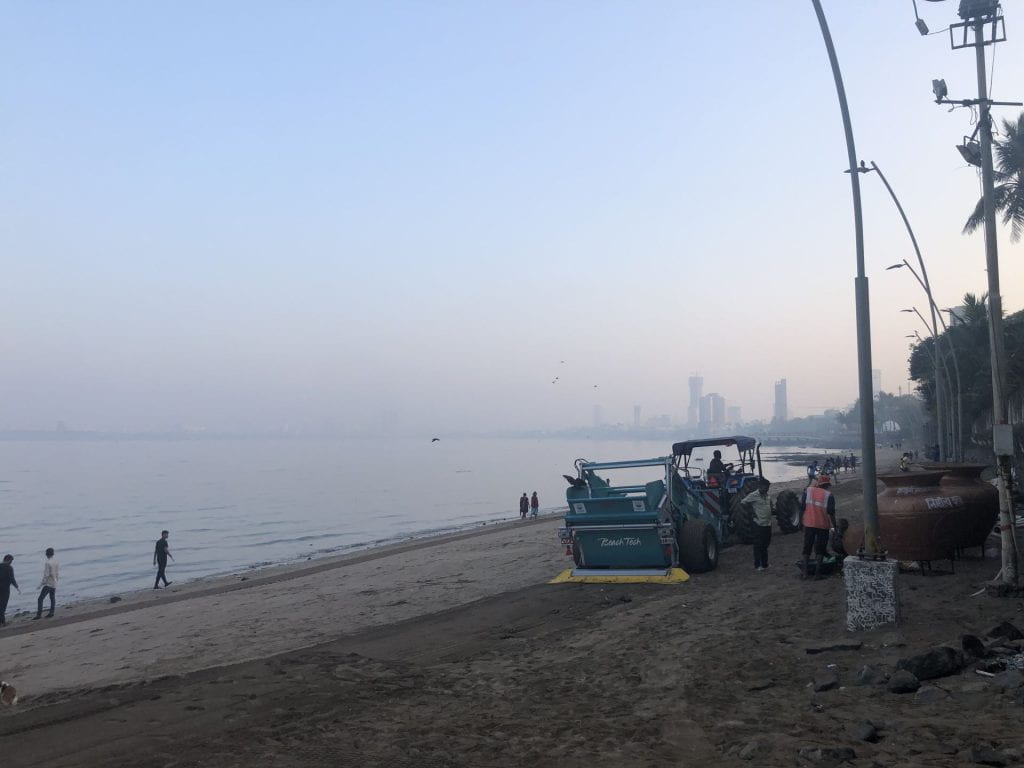
It’s a tricky issue to remedy, the rubbish pollution. The open doors on the trains mean that rubbish can easily blow out, and indeed, there’s a ton lining the tracks. I think the sheer number of people, as well as the lack of potable tap water and cleanliness in general (meaning you have to use plastic to make up for it) are pretty strong factors that it would be hard to balance. Still, it’s great to see that there are volunteers and organisations like Project Mumbai who want to do something about it. A surprisingly huge number of people turned up at 8am to help clean the beach, and one girl I talked to even said it was her birthday and she wanted to do something interesting and meaningful for it!
Me and the sky
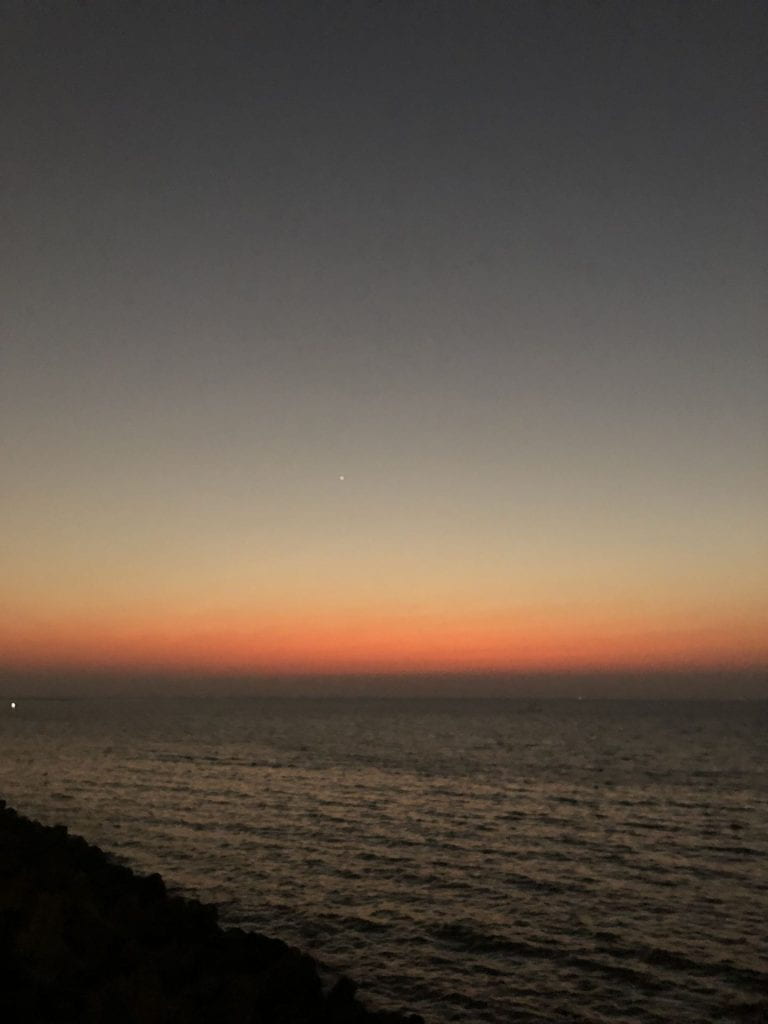
Mumbai is wonderfully full of life, but the thing I miss most is being able to see the clear horizon. There’s a blanket of greyish fog/smog along the edge, and you can’t see as far as I’m used to in NZ. There is blue sky up above, but it fades away before the horizon. It’s not terrible, just something you don’t notice you’re missing unless you know what it’s like to have it. I wonder if this is what it would be like to live on Mars – which is something I don’t think I could ever do, but as Mumbai has taught me, people are resilient and can get used to anything.
But anyway, onwards and upwards! Bring on the second week!

Hi Emma
So pleased that you are embracing the experience, Asia is certainly an exciting window on humanity.
Chris & Gill
Wonderful descriptions, Emma
I am really enjoying your insights and observations about the school, students and life.
Hi Emma, I am sure, your experience in India will be important for your life! Good luck, Burkard